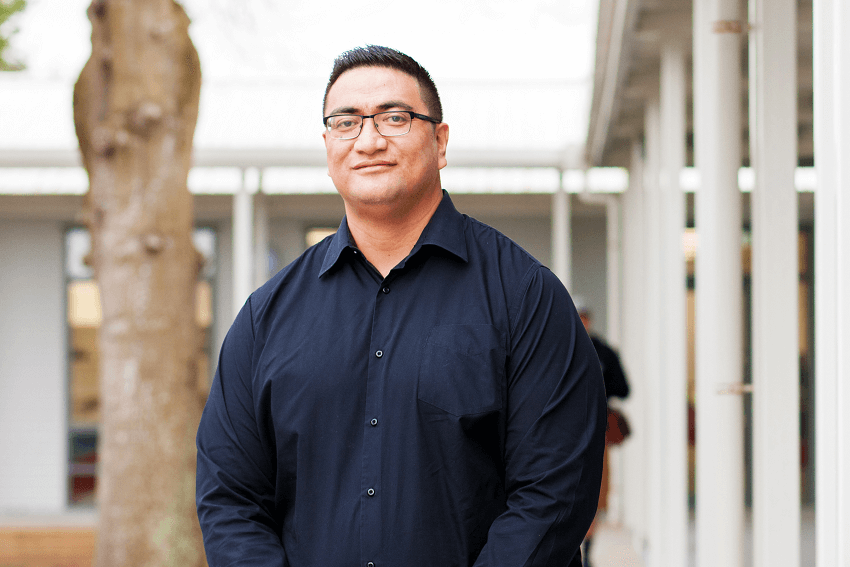Almost 1000 Pacific youth living in South Auckland, New Zealand, will be invited to take part in newly funded research to explore how cultural identity, family and employment affect their mental health and how their experiences can be used to improve mental health services for Pacific youth.
Associate Professor El-Shadan Tautolo, Director of the AUT Pacific Health Research Centre at South Campus, has received a $1.2 million Pacific Project Grant from the Health Research Council of New Zealand (HRC). It is one of a record five HRC Pacific Project Grants funded this year, to a combined total of $5.79 million.
Tautolo, of Cook Islands and Samoan heritage, is also Lead Investigator for the HRC-funded AUT Pacific Islands Families (PIF) Study, which has tracked the health and development of a large cohort of 1398 Pacific children born in South Auckland in 2000.
As part of this new project, he and his team will interview members of the PIF cohort, now aged 21 years, about the specific cultural, family and employment factors that influence their mental health and wellbeing in positive or negative ways.
“We know Pacific people in New Zealand carry a higher burden of psychological distress and mental disorders than the general population, with our Pacific youth aged 16 to 24 disproportionately affected, and that they are less likely to access mental health services. Disruptions to schooling and increased unemployment associated with the COVID-19 pandemic have only added to the pressures some of our young people face,” says Tautolo.
He says this latest research is not about producing statistics that highlight what we already know, but about identifying tangible ways in which we can turn these mental health inequities around.
“For our team, a big part of this research is about identifying the situations and ways of coping that have had a positive influence on our Pacific youth, that have enhanced their resilience, and working out how we can unpack those in a way that they can be shared to help others who are struggling mentally.”
An advisory group made up of largely Pacific experts working in the mental health sector will support the research team and help ensure that their findings are disseminated widely to have the biggest possible impact. Members of this group include representatives from the Ministry of Pacific Peoples, New Zealand Mental Health Foundation, Waitematā District Health Board, and the Mental Health and Wellbeing Commission.
“The evidence we collect will be used by key stakeholders and agencies to design policies and implement strategies to ensure our growing numbers of vibrant and gifted Pacific young adults can thrive and contribute to a prosperous future for their families and the wider New Zealand society,” says Tautolo.
HRC Chief Executive, Professor Sunny Collings, says this study has the distinct advantage of being able to build upon the significant data gathered from the 21-year AUT PIF Study – the longest longitudinal study of Pacific people in the world – to support meaningful changes and solutions to Pacific mental health and wellbeing in New Zealand.
In addition, she says the all-Pacific research team, which spans the range of senior, emerging and young researchers just starting out, should provide a great space for Pacific researchers to develop and grow.
“El-Shadan was recently appointed chair of the HRC’s Pacific Health Research Committee, and he is a passionate advocate for developing and mentoring young Pacific health researchers. We are proud to have supported him throughout his academic career, beginning with an HRC Summer Studentship back in 2004 and continuing with PhD, postdoctoral and project grants,” says Collings.

4 Responses
Comments are closed.